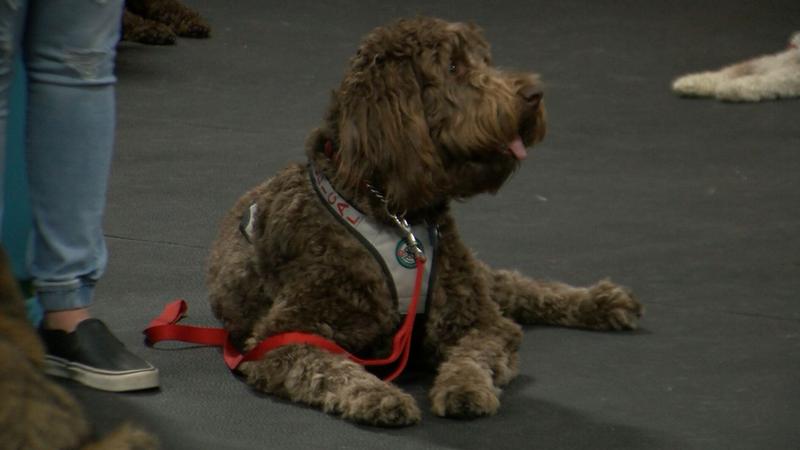
‘There is a need’: Local non-profit gets funding to continue training service dogs
MEDICINE HAT, AB – A local non-profit is a recipient of a provincial grant to train and certify service dogs in southern Alberta.
Meliora Service Dogs is based in Redcliff and has been training support animals in the Medicine Hat area for the last 18 months.
On June 24, 2022, Jason Luan, Minister of Community and Social Services, announced $300,000 to support nine organizations in the province to train, test and place service dogs with those in need. Meliora is one recipient of that money.
